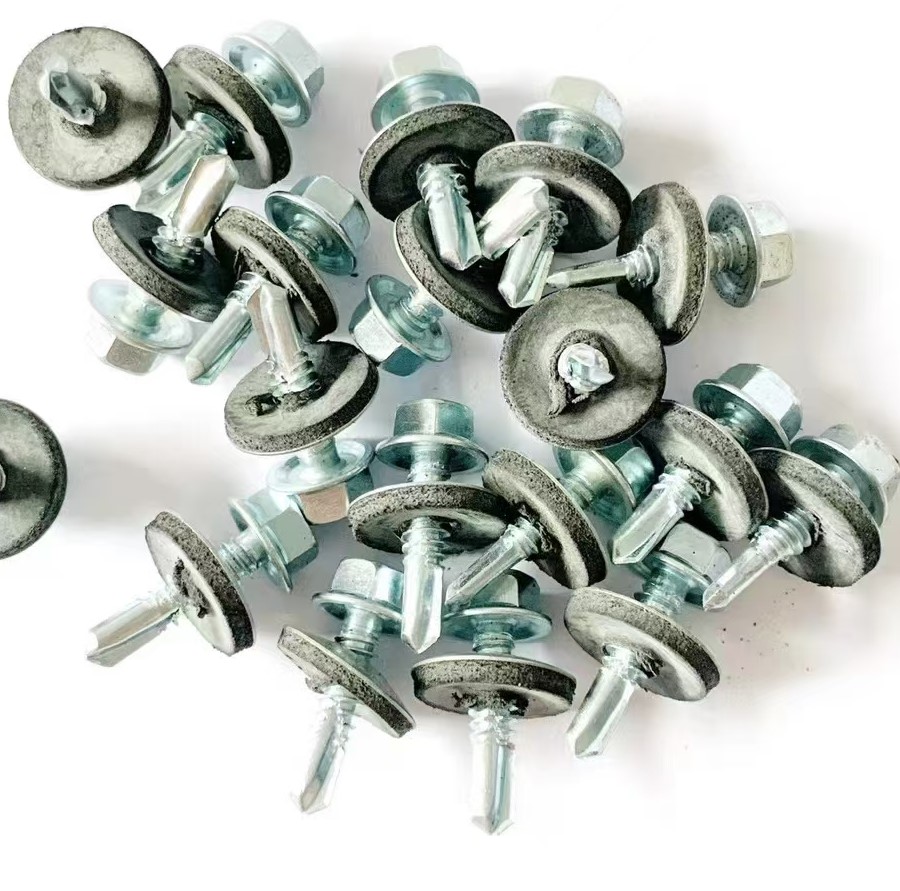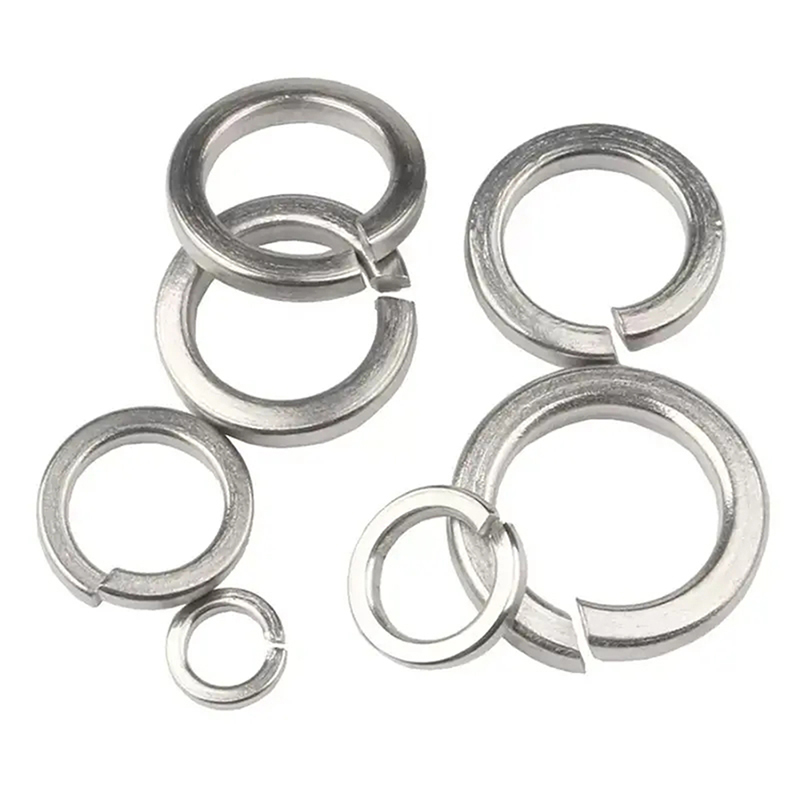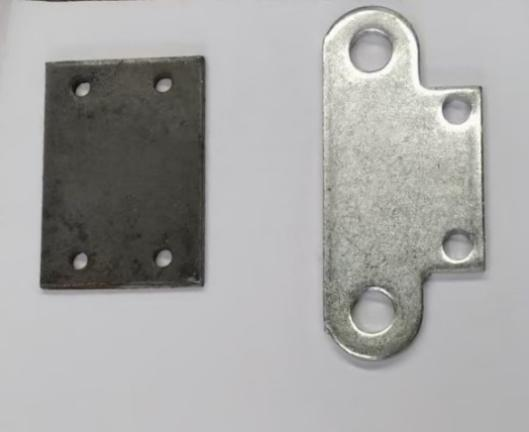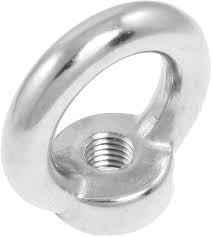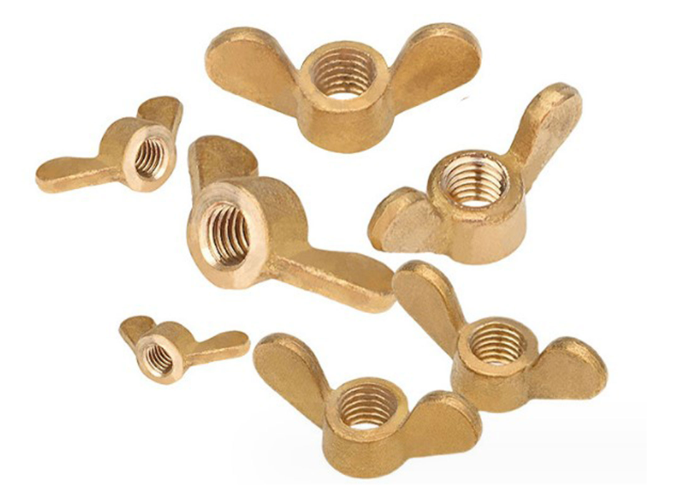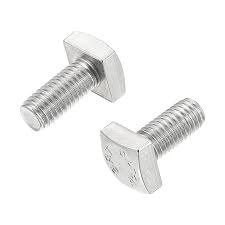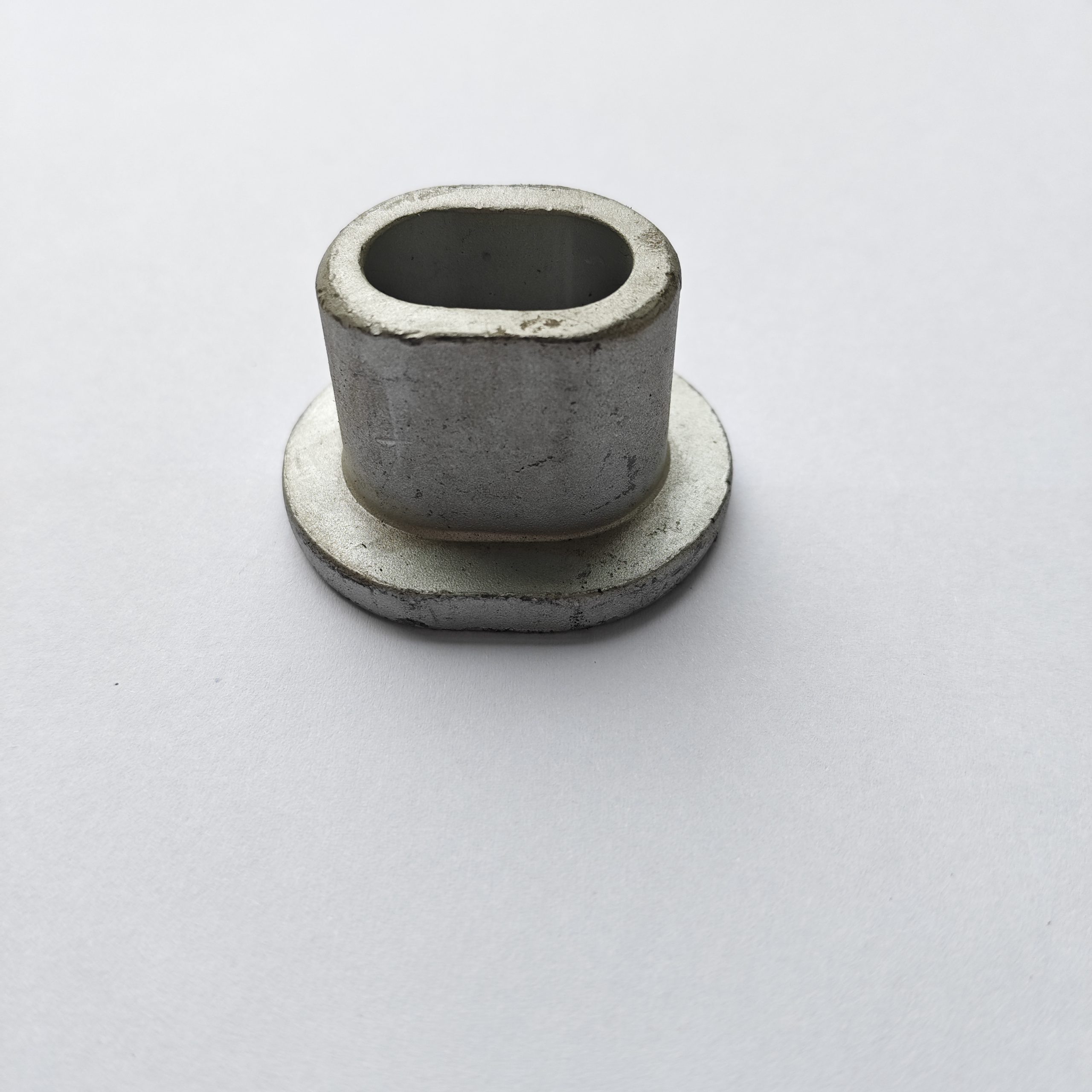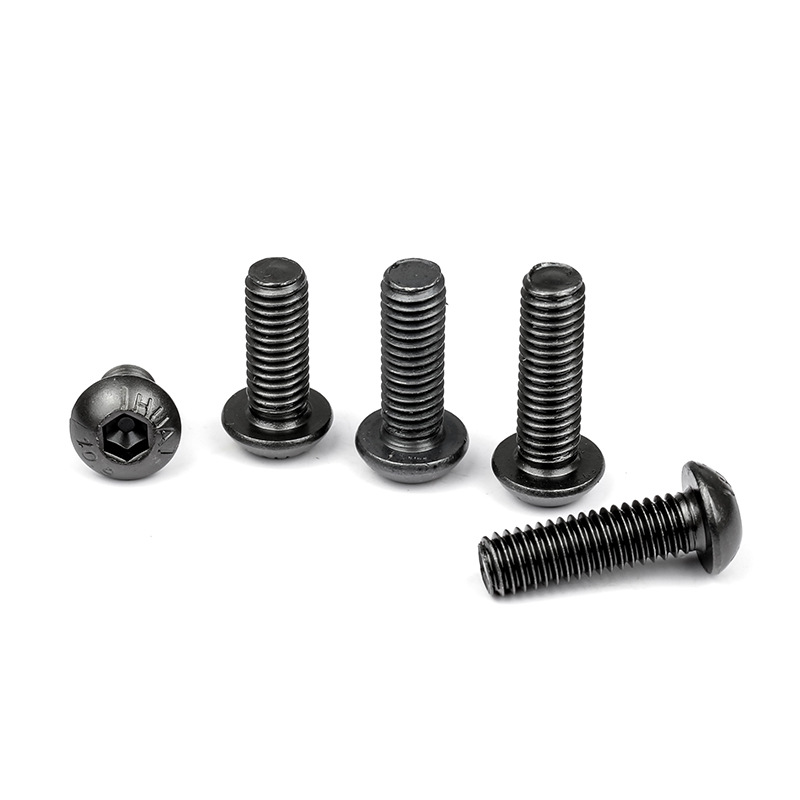

Rivnut Factory: A Comprehensive Guide to Sourcing and Selecting Rivnut ManufacturersThis guide provides a detailed overview of the rivnut factory landscape, helping you understand the process of selecting the right manufacturer for your needs. We'll cover key factors to consider, including manufacturing processes, material options, and quality control.
The selection of a reliable rivnut factory is crucial for ensuring the quality and efficiency of your manufacturing process. With numerous manufacturers worldwide, navigating this landscape can be challenging. This comprehensive guide aims to simplify the process, outlining key aspects to consider when choosing a rivnut factory partner.
Many rivnut factories utilize cold-forming, a process known for its precision and efficiency. This method involves shaping the rivet using specialized tooling without the application of heat. Cold-formed rivnuts often exhibit superior strength and dimensional accuracy compared to other methods. Hebei Dewell Metal Products Co., LTD, for example, leverages advanced cold-forming techniques to produce high-quality rivnuts. You can learn more about their capabilities by visiting their website: https://www.deweLLfastener.com/
While cold-forming dominates, other processes like machining or casting might be employed depending on the specific rivnut design and material requirements. Factors like volume, required tolerances, and material properties influence the chosen manufacturing method.
Steel rivnuts are prevalent due to their strength and resistance to wear and tear. Different grades of steel offer varied properties, enabling selection based on specific application needs.
Aluminum rivnuts are preferred in applications demanding lightweight construction and corrosion resistance, often found in aerospace or automotive industries.
Other materials like stainless steel, brass, or plastic might be used based on specific application requirements. The choice of material significantly impacts the rivnut's performance characteristics.
A reputable rivnut factory will adhere to stringent quality control measures throughout the manufacturing process. Look for certifications such as ISO 9001, demonstrating a commitment to quality management systems. Thorough inspection and testing processes should be in place to ensure consistent product quality.
| Factor | Description |
|---|---|
| Production Capacity | Ensure the factory can meet your volume requirements. |
| Quality Control | Verify their quality assurance processes and certifications. |
| Material Selection | Confirm their ability to source the required materials. |
| Lead Times | Inquire about their typical production lead times. |
| Pricing and Payment Terms | Negotiate favorable pricing and payment options. |
| Customer Service & Communication | Assess their responsiveness and communication effectiveness. |
Selecting the right rivnut factory involves careful consideration of several factors. By understanding the manufacturing processes, material options, and quality control measures, you can make an informed decision that ensures the successful implementation of your project. Remember to thoroughly research potential manufacturers and verify their capabilities before committing to a long-term partnership.
Note: This information is for general guidance only. Always conduct your own thorough research and due diligence before selecting a rivnut factory.


